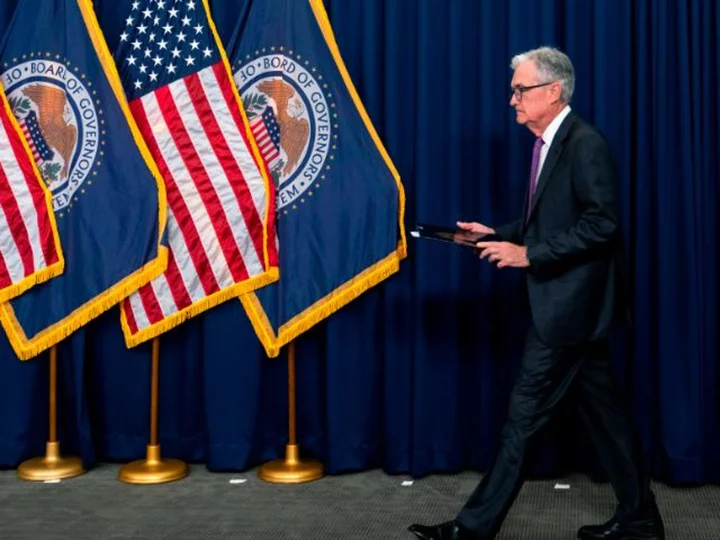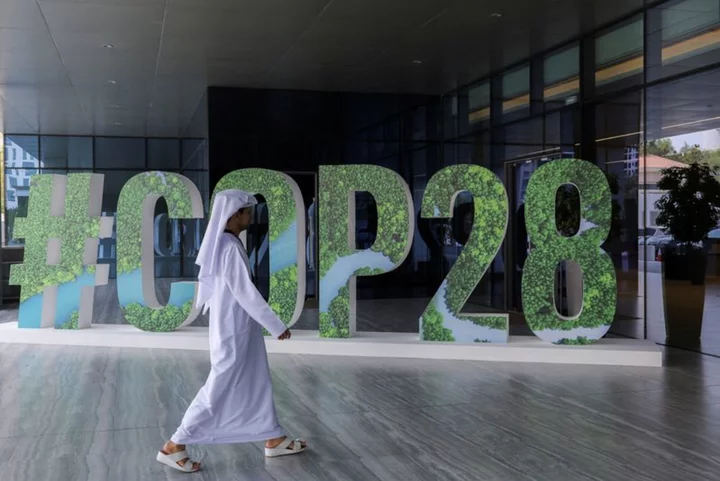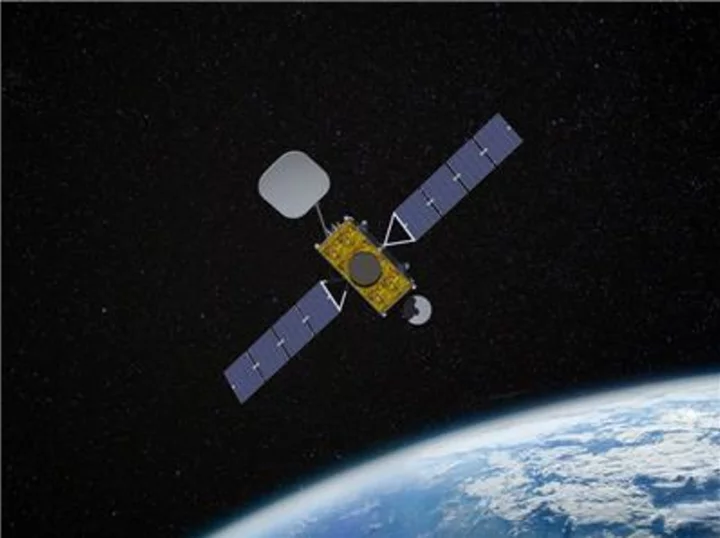Roughly every six weeks Federal Reserve Chair Jerome Powell delivers a report card that rates the economy's future performance. This comes along with each decision the central bank makes on interest rates.
The latest move — to raise interest rates by a quarter point — came on Wednesday. That followed the Fed's decision to hold rates steady at its June meeting for the first time since it began its rate-hiking campaign to tame inflation in March 2022.
Wednesday's report card likely won't sway the economic outlook's "grade point average" for the whole year. That is to say, it wasn't vastly different from the prior report cards Powell delivered after the other meetings this year. But there were some notable takeaways.
A recession isn't in the cards for now
Powell still believes the Fed can achieve what's known as a "soft landing." He said on Wednesday, "given the resilience of the economy recently [Fed staffers] are no longer forecasting a recession."
That would mean that the central bank could get inflation down to its 2% target causing minimal damage to the economy. That's generally been difficult because the higher interest rates go, the higher the unemployment rate goes, which increases the likelihood of a recession.
That's why many economists, including some at the Fed, were predicting we'd be in a recession around this time last year. Powell doesn't agree, however -- although he said Fed staff are predicting "a noticeable slowdown in growth starting later this year."
Still no inklings of when to expect a rate cut
"We'd be comfortable cutting rates when we're comfortable cutting rates," Powell said when he was asked if he'd consider cutting rates if the inflation rate was a hairline above 2% and wouldn't budge any further.
Powell often gets asked questions that aim to get some clarity on what Fed officials would need to see to start cutting interest rates. But the only definitive answer he's given is that it won't happen this year.
It could happen next year if inflation stays consistently near the Fed's target, Powell said, but that's a big if. "There's a lot of uncertainty between what happens with the next meeting cycle, let alone the next year."
GDP and spending data are informing the Fed's decisions
Besides inflation data, which has been a major factor for hiking interest rates, Powell said GDP and spending data are also carrying a lot of weight in the decisions Fed officials make on rates.
On the spending front, the latest retail data shows that spending is continuing to grow, albeit at a slower pace than in prior months. First-quarter GDP data shows that the economy is still expanding despite the risks of a downturn.
That's given the Fed the confidence "to go ahead and raise interest rates now for the third time since the March events," Powell said, referring to the collapse of Silicon Valley Bank which sent shock waves across the global banking system.









